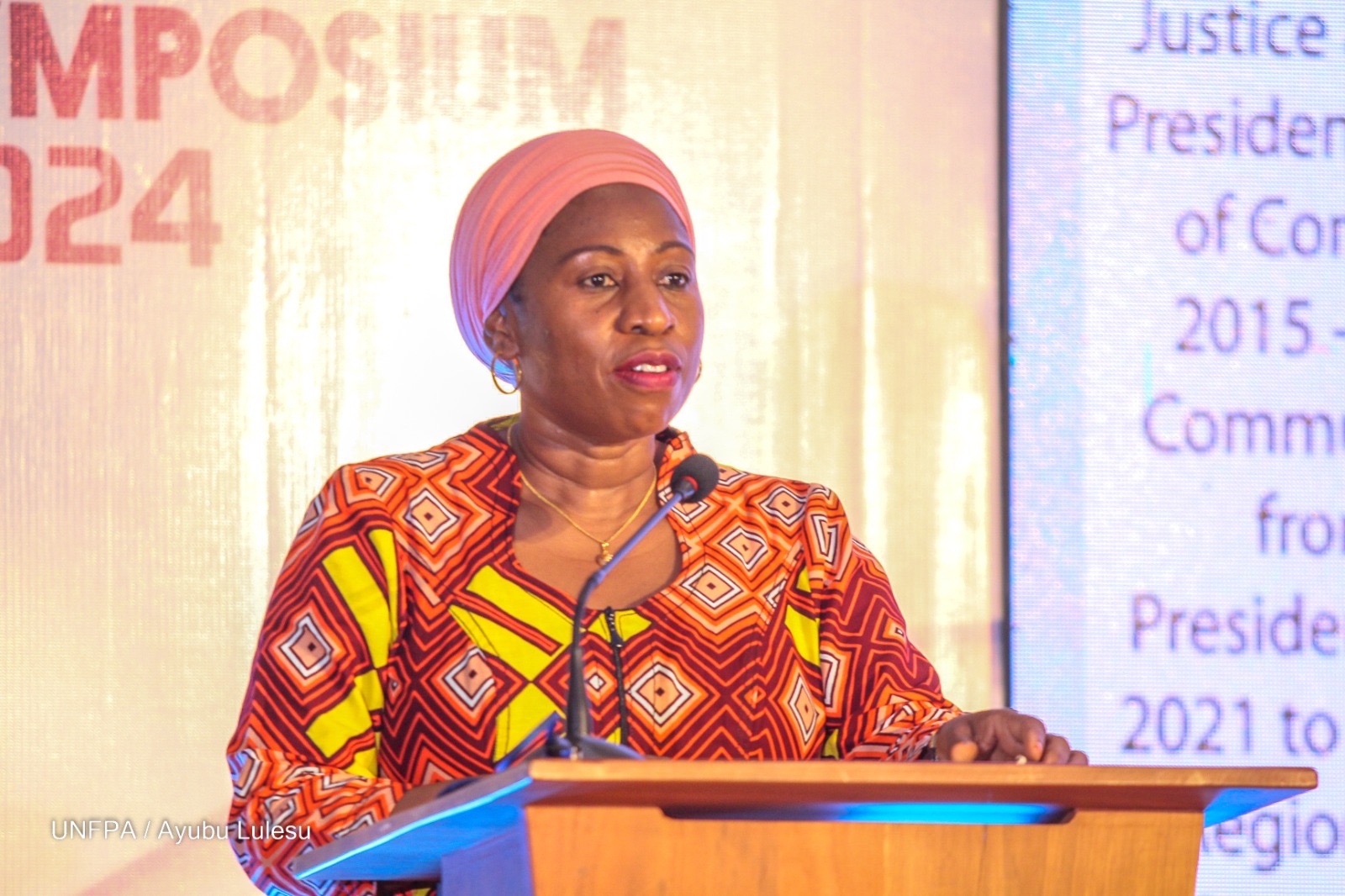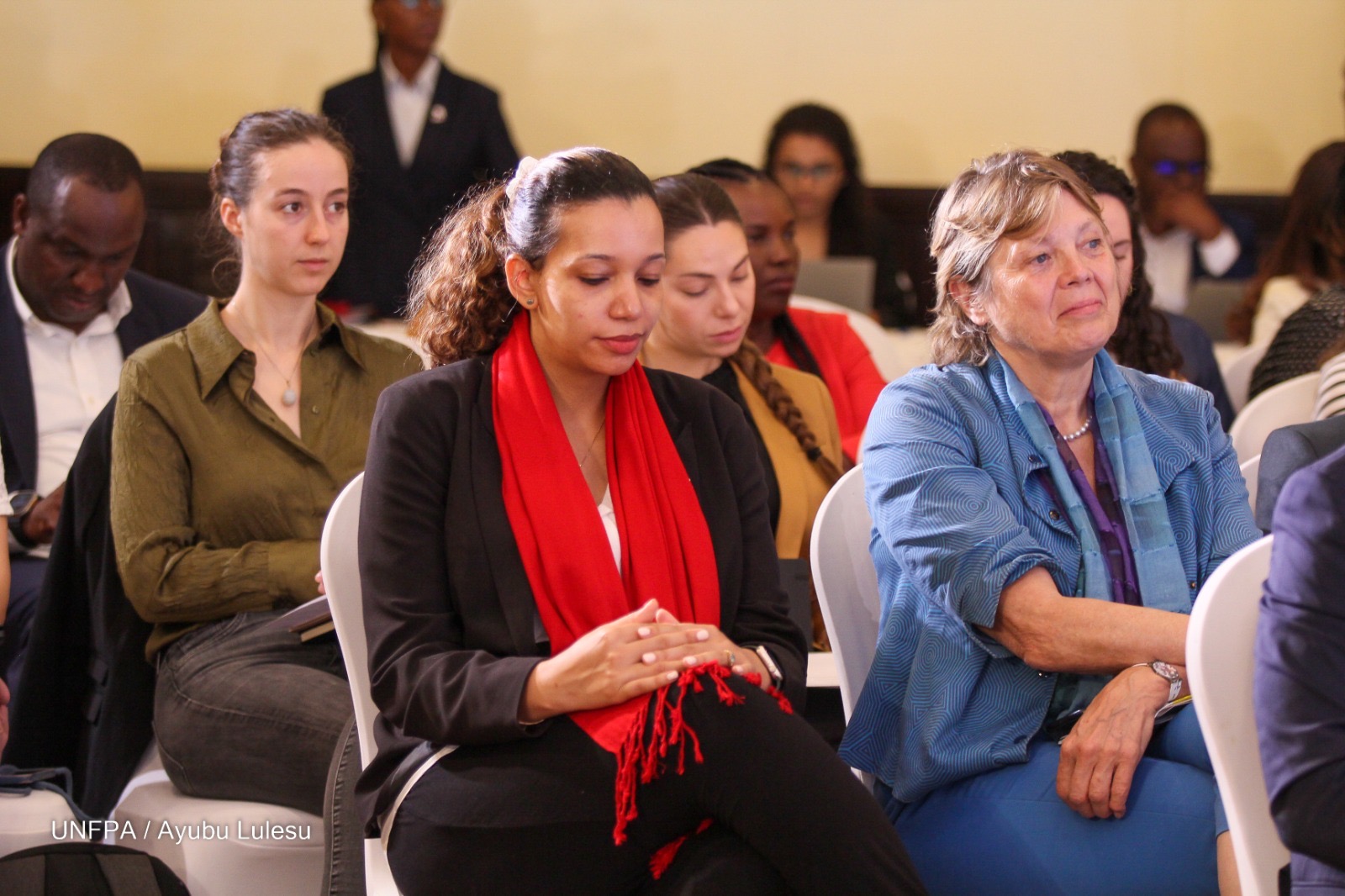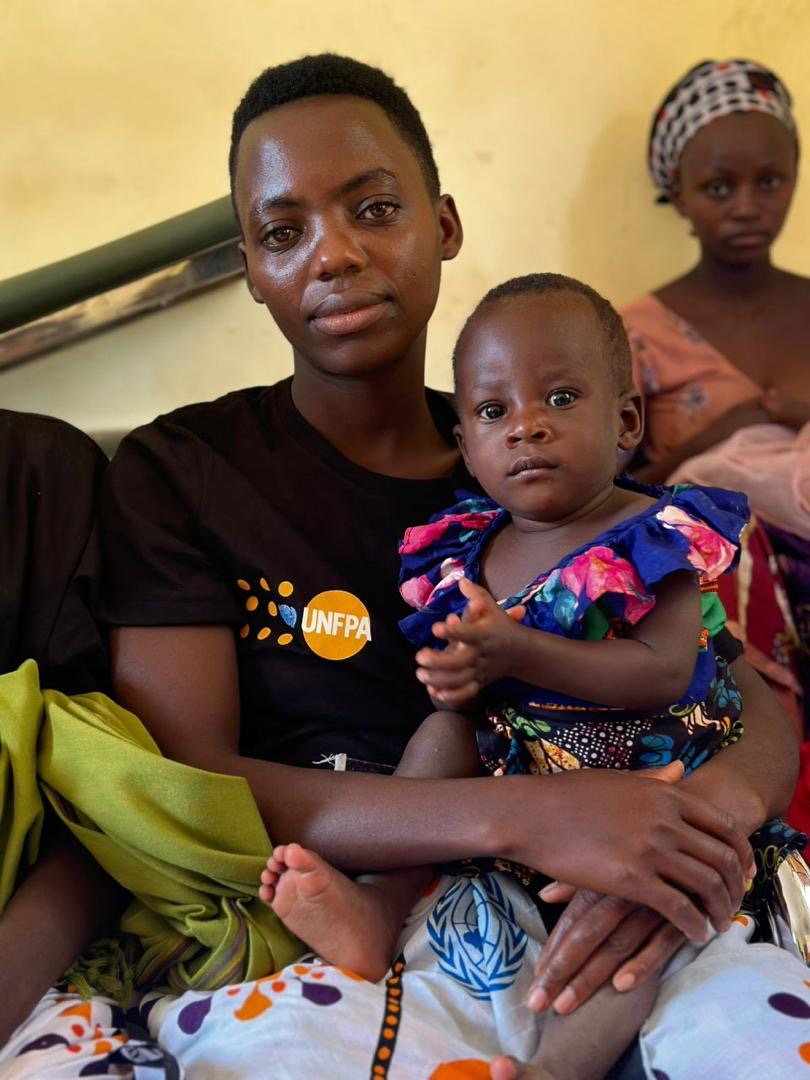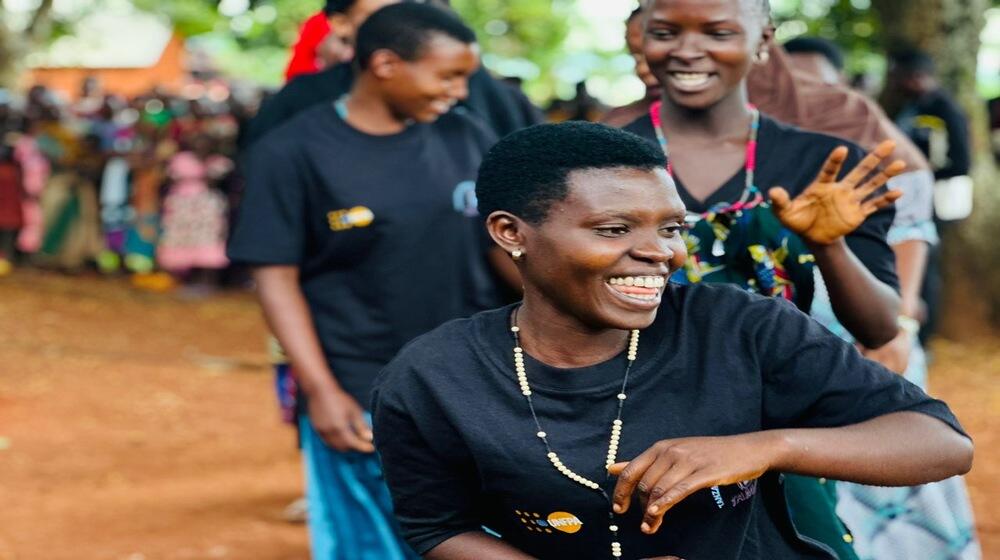“Pregnant adolescents may enter pregnancy with reduced nutrient stores with increased risk of nutritional inadequacy and poor maternal outcomes. I am happy that this consultation focuses on adolescent health and nutrition,” said Mellisa.
Today, UNFPA, the United Nations Sexual and Reproductive Health agency, in Tanzania called upon participants of scientific conference on Adolescent Health and Nutrition Research take into account risks that pregnant adolescents face.
In her remark at the opening of the conference in Dar es Salaam on 19th January, UNFPA Tanzania Deputy Representative, Ms Melissa McNeil-Barret cautioned that adolescent childbearing is concentrated among teenagers who are poor and low-income they are at higher risk for nutrition problems.

Graced by the minister of health, Honourable Ummy Mwalimu the conference gathered scientists and policy makers to share and learn how to address health needs of adolescents in Sub Saharan Africa including nutritional needs and prevention of new HIV infections The theme of the conference, ‘Bridging the Gap: Transforming Adolescent Health and Nutrition Research into Actionable Practice and Policy in sub-Saharan Africa,’ mirrored the need to convert research findings on adolescent nutrition needs to policy and practice.

Apart from the minister of health, the opening ceremony attracted other dignitaries, including the United States Ambassador to Tanzania, Dr. Michael A. Battle, the German Ambassaor honourable Thomas Terstegen, and United Nations heads of agencies and the chief executive officer of the ‘Africa Academy for Public Health (AAPH).
Adolescent Health, in particular on Adolescent Sexual and Reproductive Health and Rights, which is a prerequisite for fulfilling every young person's potential.Nearly one-third of its population between the ages 10-24 years. Therefore, the health and wellbeing of young people continues to play a pivotal role in the development of this region and Tanzania.
The UNFPA Deputy Representative commended the progress Tanzania has made in improving adolescent health and well-being such as the drop in teenage pregnancy from 27 in 2015 to 22% in 2022. Te current rate is still is way above global estimations of 14%.

“Despite noteworthy progress, the Sexual Reproductive Health and Rights (SRHR) outcomes of young people is still in alarming state in many settings due to - stigma, lack of age appropriate comprehensive sexuality education, limited access to menstrual health and hygiene education and products,” she emphasized.
Teenage pregnancies have serious health, education, socio-economic and developmental consequences through immediate and long-term effects on the teen parents, their children and the communities.
“With the current fertility rate and drivers, the observed decline in teenage pregnancy rates is likely to take a negative turn further if immediate and effective programme, policy, and political actions are not taken,” she said.
UNFPA is committed to continued collaboration with the government and key stakeholders in this country to realise the goal of achieving universal access to sexual and reproductive health, realise RH rights, and reduce maternal mortality.
“We look forward to continuing to collaborate with the Government and people of Tanzania to fulfil the country’s development aspirations, by putting young people at the centre, and enabling them to achieve their full potential.”
For Media queries and further information, please contact:
Dr. Warren Bright,
Communications Analyst,
UNFPA Tanzania
Mobile: +255 764 43 44 45,
Email: bwarren@unfpa.org



